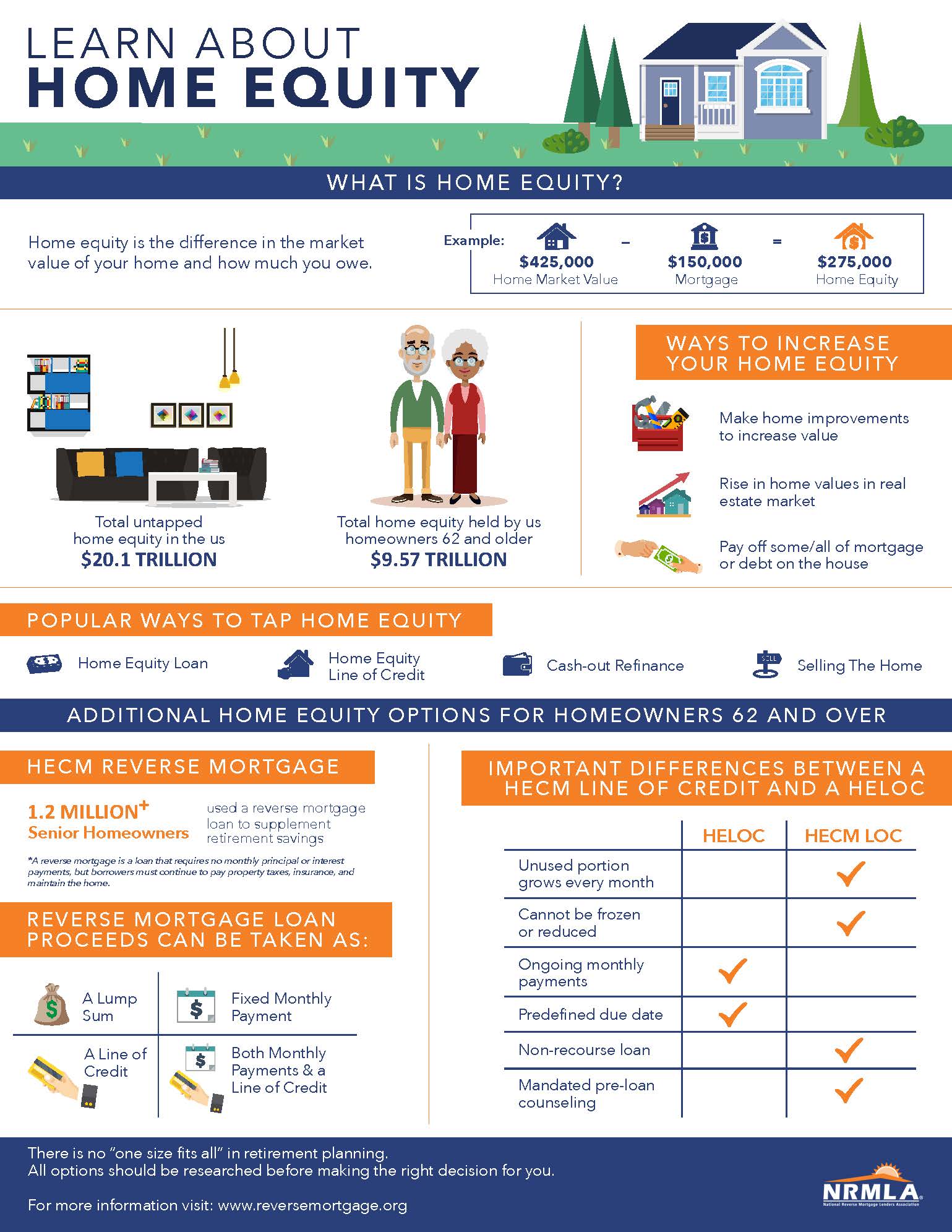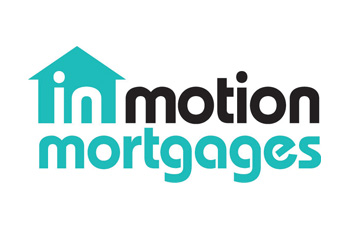Who Can Qualify for Equity Release Mortgages and Why
Who Can Qualify for Equity Release Mortgages and Why
Blog Article
Discovering the Various Sorts Of Equity Release Mortgages Available Today
Equity Release mortgages present different alternatives for homeowners aged 55 and over. equity release mortgages. These financial products deal with various requirements and choices, enabling people to gain access to funds from their property. From lifetime home loans to shared recognition home mortgages, each kind provides distinct benefits. Understanding these choices is essential for making notified decisions. What aspects should one think about when picking the most suitable equity Release plan? The details that follow may clarify this crucial subject
Comprehending Equity Release Mortgages
Equity Release home loans supply house owners, usually those aged 55 and over, with a method to access the worth linked up in their residential or commercial property without needing to market it. This monetary option enables people to convert a part of their home equity into cash, which can be made use of for numerous functions, such as home enhancements, paying off financial debts, or financing retirement.Equity Release can take different forms, but it essentially entails borrowing against the value of the home while maintaining possession. House owners can select to receive a round figure or a collection of smaller settlements, depending upon their financial demands and preferences.Additionally, the quantity offered for Release is affected by the building's value, the property owner's age, and certain lender criteria. Overall, recognizing equity Release home loans is crucial for homeowners to make informed decisions regarding touching into their home's equity while considering the lasting ramifications.
Lifetime Mortgages
Lifetime home loans represent one of the most popular types of equity Release. This monetary item permits homeowners, usually aged 55 or older, to obtain versus the value of their residential or commercial property while preserving ownership. The financing, which is protected versus the home, accrues passion gradually but does not require regular monthly payments. Rather, the lending and accumulated rate of interest are repaid when the house owner passes away or moves right into long-term care.Lifetime home mortgages provide flexibility, as borrowers can select to obtain a round figure or select a drawdown facility, accessing funds as required. Significantly, many plans come with a no-negative-equity assurance, making certain that consumers will certainly never owe more than the worth of their home. This function gives satisfaction, allowing individuals to appreciate their retired life without the worry of diminishing their estate. On the whole, lifetime home mortgages function as a practical option for those looking for financial backing in later life.
Home Reversion Program
:max_bytes(150000):strip_icc()/dotdash-reverse-vs-forward-mortgage-Final2-6961b02571a444ec8bfad146b6138665.jpg)
Drawdown Life Time Mortgages
While lots of house owners seek ways to access their riches, drawdown lifetime home loans present a flexible option that enables people to Release funds progressively. This sort of equity Release mortgage allows homeowners to obtain versus the value of their building while preserving possession. Unlike traditional life time home loans, drawdown strategies permit debtors to access a part of their equity upfront and take out added funds as needed, up to a fixed limit.This feature can be especially beneficial for those who want to handle their finances very carefully, as it lessens interest accumulation by only charging passion on the amounts drawn. In addition, drawdown life time home mortgages typically feature a "no negative equity warranty," making certain that borrowers will certainly never owe greater than their home's value. This option suits retirees that prefer economic protection and adaptability, permitting them to satisfy unanticipated costs or keep their way of life without needing to offer their residential property.
Enhanced Life Time Mortgages
Improved Lifetime Home mortgages use distinct advantages for eligible homeowners looking for to Release equity from their homes. Recognizing the qualification criteria is crucial, as it determines that can benefit from these specialized loans. Nonetheless, it is additionally essential to examine the potential drawbacks connected with boosted choices, making certain an all-around point of view on their use.
Eligibility Criteria Described
Recognizing the qualification standards for Enhanced Lifetime Mortgages is crucial for potential candidates looking for to access the equity in their homes. Usually, candidates must be aged 55 or older, as this age demand is basic in the equity Release market. Property owners should have a home valued at a minimum threshold, which can differ by lending institution. Significantly, the residential property must be their primary residence and in good condition. Lenders frequently evaluate the property owner's health and wellness status, as certain health and wellness problems might enhance eligibility and benefits. In addition, applicants need to not have existing significant financial debts secured against the building. Meeting these criteria allows individuals to discover Improved Lifetime Home mortgages as a viable choice for accessing funds bound in their homes.
Advantages of Boosted Home Mortgages
After clearing up the eligibility standards, it ends up being noticeable that Improved Lifetime Home mortgages supply a number of considerable advantages for homeowners aiming to take advantage of their residential property equity. Primarily, they supply accessibility to a bigger financing quantity contrasted to common life time home loans, benefiting those with wellness conditions or age-related variables that enhance their life span risk. This boosted loaning ability enables property owners to satisfy various financial needs, such as home renovations or retirement expenses. In addition, these mortgages generally include adaptable payment choices, making it possible for debtors to manage their finances better. The no-negative-equity assurance further guarantees that homeowners will certainly never ever owe even more than their building's value, offering assurance. Overall, Boosted Lifetime Home loans provide a compelling option for qualified home owners looking for financial remedies.
Possible Drawbacks Considered
While Enhanced Lifetime Home loans provide various advantages, potential disadvantages require cautious factor to consider. One substantial concern is the influence on inheritance; the equity launched reduces the value of the estate delegated recipients. Furthermore, these home mortgages can build up significant interest over time, causing a significant financial debt that may go beyond the initial financing quantity. There may also be restrictions on building modifications or rental, restricting homeowners' adaptability. In addition, boosted items frequently need specific wellness problems, suggesting not all property owners will certify. Finally, managing the fees and fees linked with these home mortgages can be intricate, possibly causing unexpected costs. As an outcome, people ought to completely evaluate their circumstance and get in touch with economic consultants before proceeding.
Shared Admiration Home Loans
Shared Admiration Home mortgages stand for a distinct monetary plan that allows homeowners to gain access to equity while sharing future building value increases with the loan provider. This method supplies prospective benefits such as reduced month-to-month payments, but it likewise includes disadvantages that should be thoroughly thought about. Understanding the qualification requirements is vital for those curious about this alternative.
Concept Introduction
Equity Release home loans, especially in the form of common recognition home loans, supply property owners an unique financial solution that enables them to gain access to funds visit the website by leveraging the value of their building. In this setup, a lending institution supplies a loan to the house owner, which is usually settled through a share of the residential or commercial property's future admiration in value. This suggests that when the home owner sells the residential property or dies, the loan provider receives a percentage of the increased value, instead of simply the initial loan quantity. Shared recognition home loans can be appealing for those looking to supplement their income or money significant expenses while retaining ownership of their home. Nevertheless, the financial implications of shared recognition should be meticulously considered by possible consumers.
Drawbacks and advantages
Although shared appreciation home loans can supply substantial economic advantages, they additionally come with noteworthy downsides that potential consumers should consider. These home loans permit house owners to access equity in their buildings while sharing a part of any type of future recognition with the loan provider. This arrangement can be beneficial throughout times of rising property values, providing considerable funds without monthly payments. Nonetheless, the major disadvantage is the potential loss of equity; home owners may finish up with appreciably lowered inheritance for heirs. In addition, the intricacy of the terms can bring about misunderstandings regarding repayment commitments and the percent of gratitude owed. It is crucial for borrowers to weigh these factors thoroughly before dedicating to a common gratitude mortgage.

Qualification Demands
What standards must house owners fulfill to get a common gratitude mortgage? Primarily, candidates must be at the very least 55 years of ages, assuring they are within the target demographic for equity Release products. In addition, the property needs to be their key residence and commonly valued over a defined minimum threshold, usually around ? 100,000. Lenders likewise assess the house owner's monetary situations, consisting of income and arrearages, to determine they can take care of the home loan responsibly. Significantly, the residential or commercial property should be in excellent condition and devoid of significant lawful encumbrances. Homeowners should additionally have a clear understanding of the terms, including just how gratitude will certainly be shown the lender upon sale or transfer of the building, as this affects total returns.
Picking the Right Equity Release Choice

Often Asked Concerns
What Age Do I Need to Be for Equity Release?
The age demand for equity Release commonly starts at 55 for the majority of plans. Some companies might supply options for those aged 60 and above, mirroring varying terms based on private circumstances and lender policies.
Will Equity Release Influence My Inheritance?
Equity Release can influence inheritance, as the quantity borrowed plus rate of interest decreases the estate's value. Beneficiaries might obtain much less than prepared for, depending on the residential property's admiration and the total financial obligation at the time of passing.
Can I Relocate House With Equity Release?
The question of relocating house with equity Release develops frequently. Usually, individuals can move their equity Release plan to a new property, but specific terms and conditions may use, requiring consultation with the lender for support.
Exist Charges Linked With Equity Release Mortgages?
Costs connected with equity Release mortgages can include plan costs, assessment charges, and legal prices. Furthermore, there might be early payment fees, which can affect the general price and financial ramifications for the consumer.
How Does Equity Release Effect My Tax Situation?
Equity Release can affect one's tax obligation scenario by potentially boosting gross income, as launched funds are considered resources. However, it generally does not sustain immediate tax obligations, making it vital to consult a financial consultant for customized assistance.
Final thought
In summary, the range of equity Release home loans available today uses homeowners aged 55 and over multiple paths to access their property's worth - equity release mortgages. Whether opting for a life time home loan, home reversion plan, or other choices, each choice offers unique benefits tailored to private financial requirements. Mindful factor to consider and appointment with a financial expert are important to guarantee the selected equity Release remedy straightens with economic situations and personal objectives, ultimately facilitating informed decision-making for a safe financial future. Equity Release home loans existing different choices for home owners aged 55 and over. Equity Release home loans provide homeowners, typically those aged 55 and over, with a means to access the value linked up in their residential property without needing to offer it. Improved Life time Home loans provide unique benefits for qualified property owners looking for to Release equity from their properties. Equity Release home loans, specifically in the form of shared admiration home loans, supply house owners a distinct visit homepage financial solution that allows them to access funds by leveraging the worth of their residential property. In recap, the range of equity Release mortgages available today provides Website home owners aged 55 and over multiple pathways to access their residential property's worth
Report this page